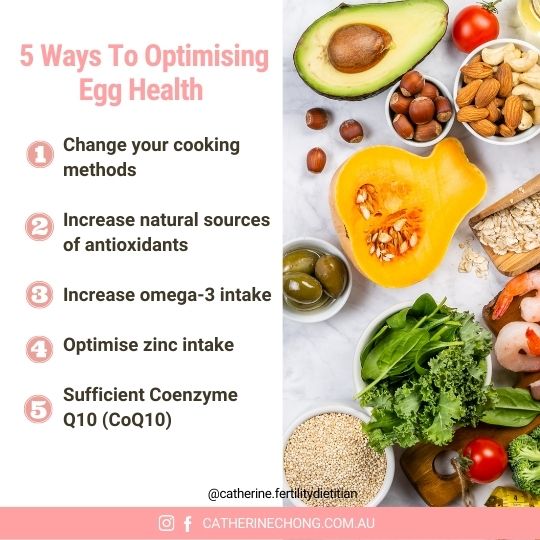How NAC Supplement Benefits Fertility
N-acetyl cysteine, or NAC, is derived from the amino acid cysteine. Amino acids are essential building blocks of proteins in the body, and cysteine is categorised as a conditional or semi-essential amino acid.
While the body can synthesise cysteine from other amino acids such as methionine and serine, it is often obtained through diet.
Common dietary sources of cysteine include protein-rich foods like red meat, poultry, fish, quinoa, and soybean products. When consumed as a supplement, NAC is transformed into cysteine and glutathione, powerful antioxidants that help protect cells from oxidative damage caused by free radicals.
NAC is primarily known for its immune-boosting, anti-inflammatory, and antioxidant properties. These properties are key in mitigating oxidative stress, which can profoundly impact cellular health, including reproductive cells.
In the context of fertility, these characteristics make NAC an intriguing supplement for women experiencing conditions that impair their reproductive potential.
In this blog post, we explore how NAC supplement benefits fertility and helps address common reproductive challenges.
How Does NAC Impact Fertility?
1. NAC Supplement Benefits For Polycystic Ovarian Syndrome (PCOS)
Polycystic Ovarian Syndrome (PCOS) is one of the most common causes of female infertility, often linked to oxidative stress, insulin resistance, and hormonal imbalances. Many studies have explored the role of NAC in improving fertility outcomes for women with PCOS.
A systematic review and meta-analysis of 15 randomised controlled trials involving 2,330 women evaluated the efficacy and safety of NAC as an adjuvant therapy for female infertility. While NAC showed potential in improving ovulation and clinical pregnancy rates, the results were statistically insignificant due to high variability across studies. It may be more beneficial for women with high BMI, insulin resistance, or oxidative stress, particularly in PCOS and unexplained infertility cases.

2. NAC Supplement Benefits For Endometriosis
Endometriosis is another major contributor to infertility, characterised by the presence of endometrial tissue outside the uterus. This condition often leads to chronic inflammation and oxidative stress.
A prospective single-cohort study investigated the benefits of oral NAC supplements in managing endometriosis. The researchers found NAC supplements for 3 months significantly reduced endometriosis-related pain, ovarian endometrioma size, and inflammatory markers in 120 patients. Among 52 patients seeking pregnancy, 39 conceived within six months. These results highlight NAC’s potential to alleviate symptoms and improve fertility in endometriosis patients.
3. NAC and Advanced Age Fertility: The Role in IVF
As maternal age increases, fertility declines due to reduced ovarian reserve, oocyte quality, and mitochondrial function. Antioxidants such as NAC have shown promise in mitigating age-related fertility challenges.
A study on advanced-age women undergoing IVF/ICSI investigated the effects of NAC supplementation. Over 45 days, 200 participants followed a GnRH antagonist protocol, with 100 receiving NAC. Results showed that NAC significantly reduced gonadotropin dosages and improved the number of high-quality blastocysts. While clinical pregnancy rates were similar across groups, NAC-treated patients exhibited higher glutathione (GSH) levels in follicular fluid, suggesting improved ovarian response and embryo quality.
Another study highlights the potential of NAC using an animal model. Researchers demonstrated that NAC significantly improved oocyte quality and mitochondrial function by preventing oxidative damage. These findings suggest that NAC could be a valuable clinical tool for improving outcomes in repeated COH, offering a foundation for its application in infertility treatments.
These findings support NAC as a potential aid in enhancing reproductive outcomes for advanced-age women, though further research is needed to validate these results.
To learn more about fertility-friendly foods, visit our previous blog post here.
The Bottom Line
- NAC improves ovulation and pregnancy outcomes in women with PCOS, especially those with insulin resistance or oxidative stress.
- NAC reduces pain, endometrioma size, and inflammation while improving pregnancy rates in individuals with endometriosis.
- NAC may help to enhance oocyte quality, blastocyst development, and ovarian response, aiding fertility in older women undergoing IVF.
